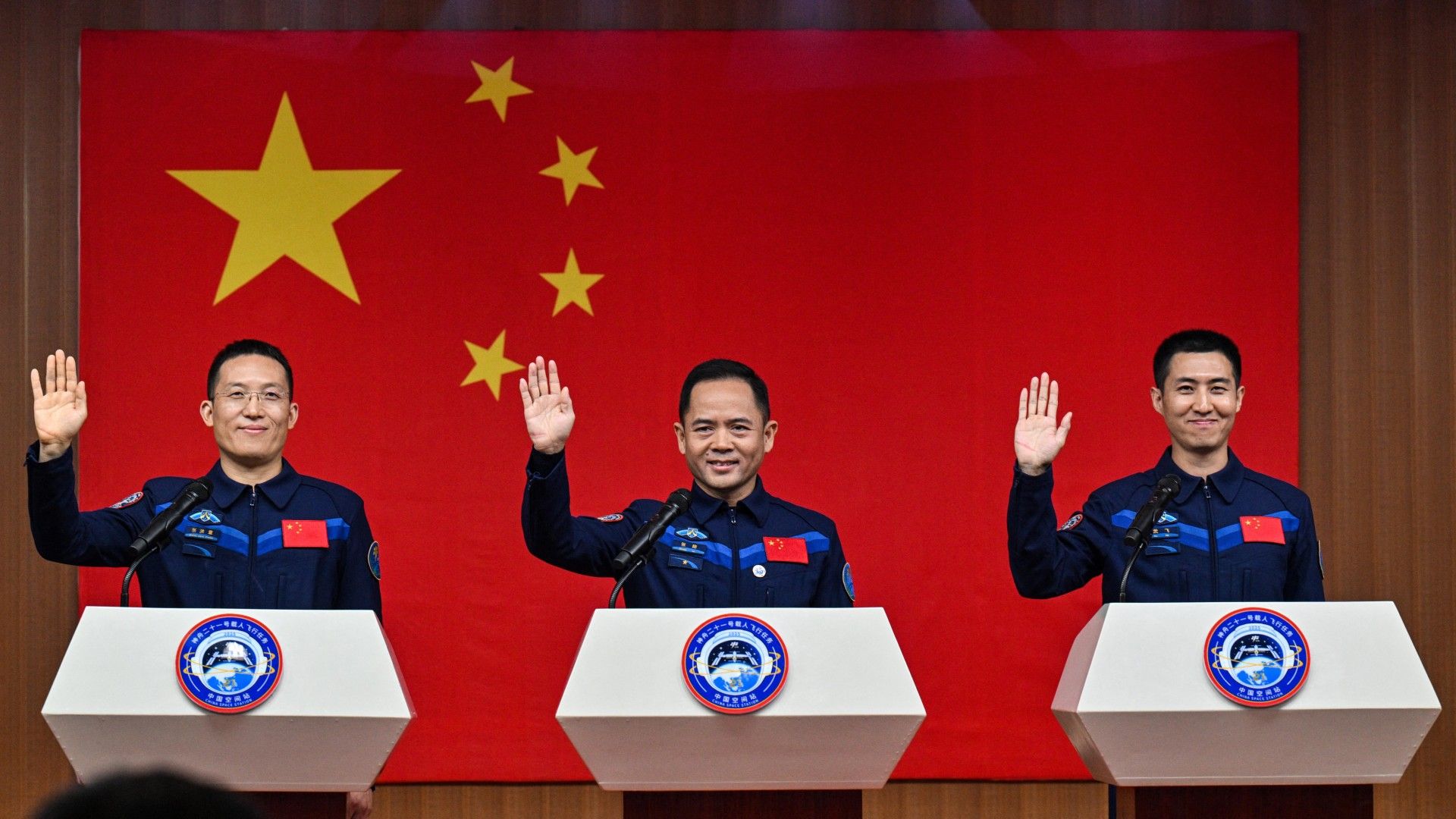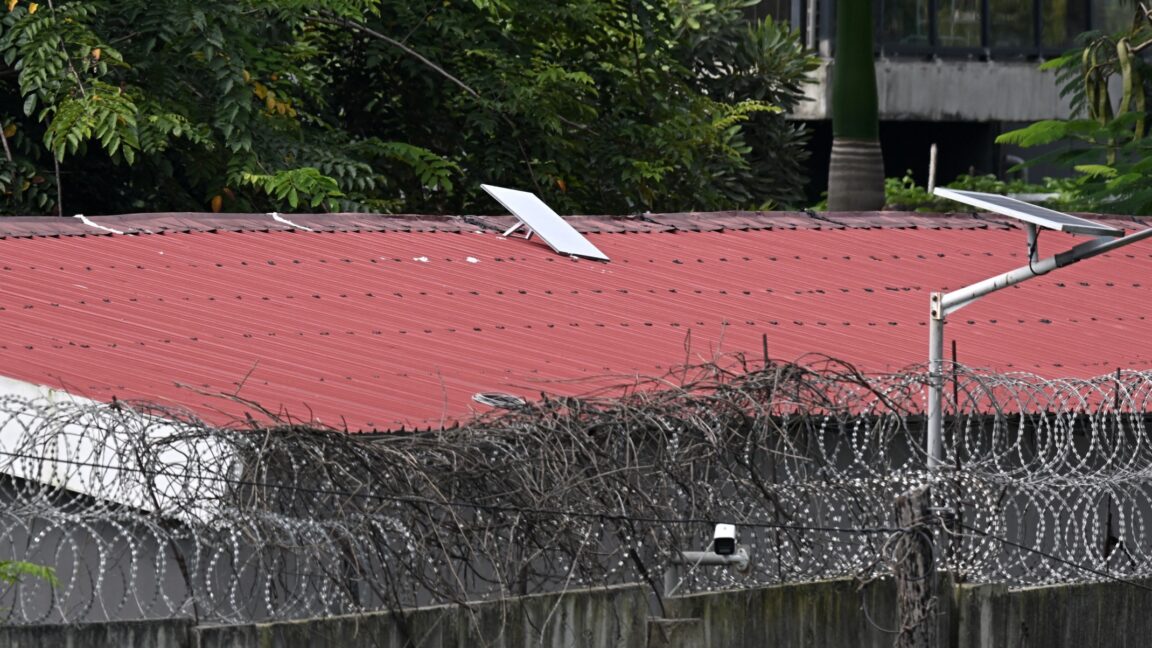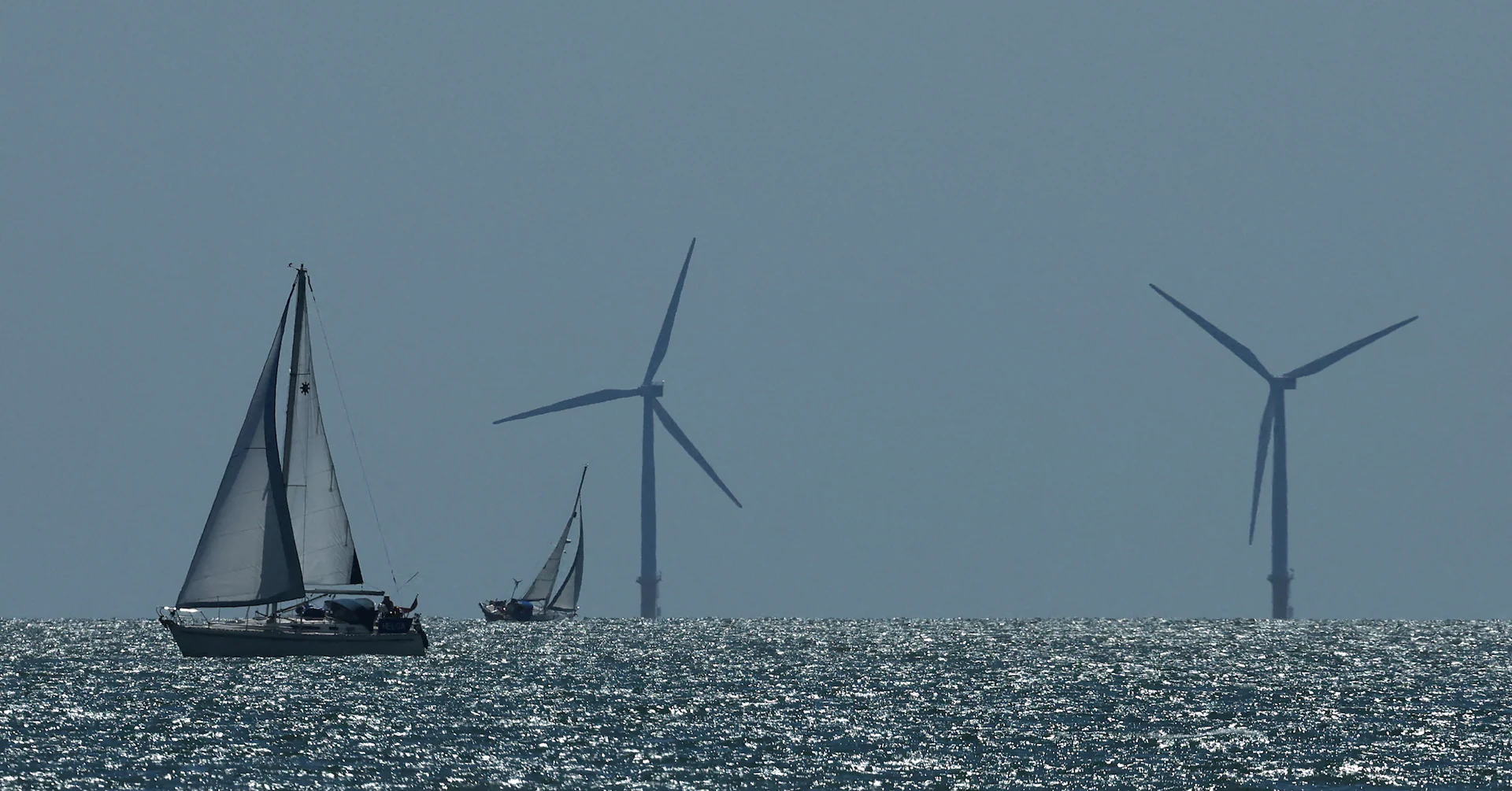Copyright Space.com

China has named the three astronauts set to fly to the Tiangong space station at a pre-launch press conference one day ahead of the Oct. 31 flight of the Shenzhou 21 mission. Astronauts Zhang Lu, Wu Fei and Zhang Hongzhang will be aboard the Shenzhou 21 spacecraft, currently scheduled to launch on a Long March 2F rocket from the Jiuquan Satellite Launch Center in the Gobi Desert at 11:44 a.m. EDT Friday (1544 GMT, or 11:44 p.m. Beijing Time). The mission will be commanded by Zhang Lu, 48, who was a crew member of the Shenzhou 15 mission which launched in November 2022 and returned to Earth in June 2023. "After two years, being able to once again represent my country and carry out the Shenzhou-21 mission fills me with excitement and anticipation;” Zhang told reporters at Jiuquan on Oct. 30. Zhang Hongzhang and Wu Fei are from China's third batch of astronauts, selected in 2020, and will be making their first trips to space. Zhang, 39, is a payload specialist and a researcher at the Dalian Institute of Chemical Physics under the Chinese Academy of Sciences (CAS), while Wu is an engineer at the China Academy of Space Technology (CAST), a major state-owned institute that built the modules for the Tiangong space station. At 32 years old, Wu is the youngest member of China's astronaut corps. "As the youngest member of China's Astronaut Corps, I feel extremely fortunate to embark on my spaceflight mission. I owe my good fortune to the era we live in, which is seeing leapfrog development in China's aerospace industry," Wu said. China made a fourth selection of astronauts in 2024, but these 10 candidates have yet to complete training required before they can be eligible for selection for missions. Zhang, Lu and his crewmates will spend around six months aboard Tiangong. During this time they will conduct experiments, embark on extravehicular activities (EVAs), or spacewalks, carry out public outreach and education activities, and oversee the arrival and departure of cargo from the space station. The crew will also be joined by small mammals for the first time. Four black mice — two females and two males — are set to fly to Tiangong along with the astronauts and will be used in experiments focusing on reproduction in low Earth orbit.



